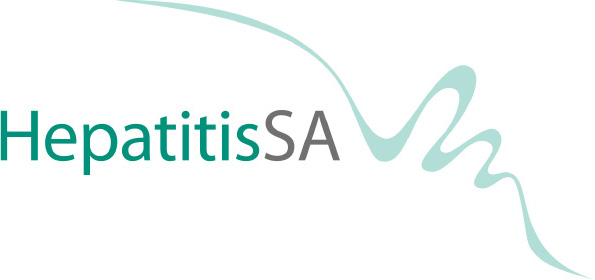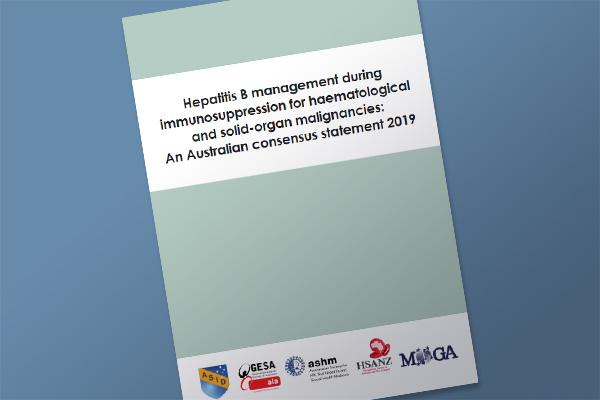If you have ever been infected by hepatitis B, cancer treatment which suppresses your immune system can allow the virus to reactivate – even if your body had dealt with it successfully before.
Reactivation can lead to liver failure, death or sub-optimal cancer treatment.
Antiviral therapy is effective and known to prevent reactivation but guidance is needed for practitioners on the most appropriate way to use it. Over or under usage could lead to unwelcome side effects on the one hand, or hepatitis B reactivation on the other.
In a consensus statement published in April this year, an Australian expert panel of medical specialists have recommended that all people undergoing immunosuppression cancer therapy be screened for hepatitis B. The recommendations provide guidance on who needs to be put on antiviral prophylaxis, when to start and stop, as well as who should be ordering the tests and monitoring the hepatitis B activity.
The flow chart below summarises the decision-making algorithm.

Hepatitis B management during immunosuppression for haematological and solid-organ malignancies: An Australian consensus statement 2019 is endorsed by the Australasian Society for Infectious Diseases, Gastroenterological Society of Australia, Haematology Society of Australia and New Zealand, Medical Oncology Group of Australia, and Australasian Society for HIV, Viral Hepatitis and Sexual Health Medicine.



